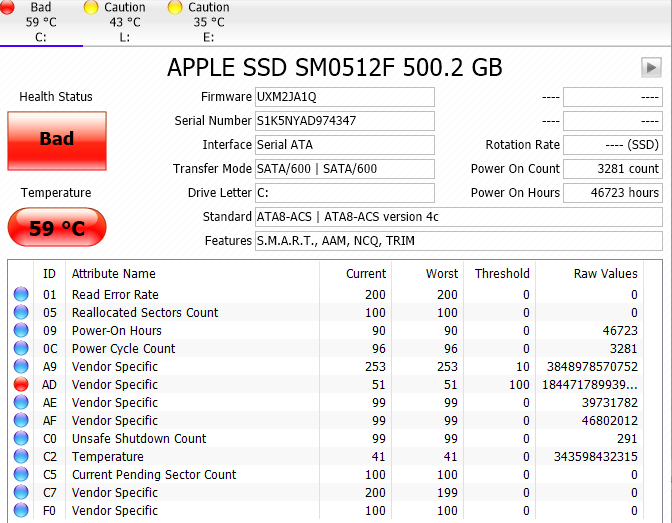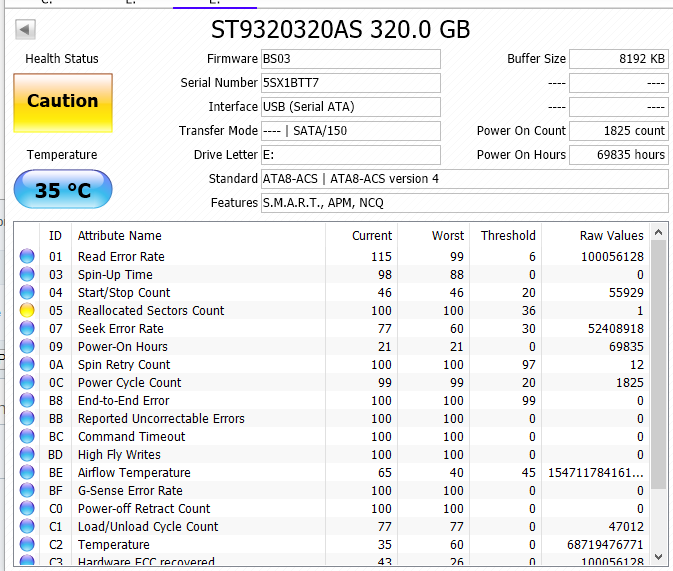- Edited
DNA wroteI have the 970 evo it is TLC drive it has like 10TB write on it and still have 99% life i got it a year ago.. i dont know where the problem is by the time it reaches 90% it would have become obsolete at this rate. unless you are using your SSD for something crazy it doesn't matter. dont make a fuss out of simple cheap thingsTech Guru wroteI stay away from TLC SSDs , MLCs ones are much better in the endurance / longevity of the SSD. TLCs store 3 bits / cell , in each read /write more voltage is required. More voltage will create more heat thus the insulating layer between cells starts degrading, allowing more electrons escape as the time passes.The thinner the layer the higher NAND degradation over time.
Not a Fuzz or anything , regadless of the brand .. It is a hardware limitation.
SLC < MLC < TLC < QLC in edurance. The 970 Evo has a slight edge over the regular 3bit TLC SSDs, it has TurboWrite. A TW is an 1Bit SLC write Buffer / Cache which translates into improved write performance, as long as the buffer isn’t exhausted.
To know the difference have a quick overveiw about EVO vs PRO on endurance , main reason 3 bit TLC vs 2 Bit MLC. For 200 USD price difference I will go PRO all the way.


